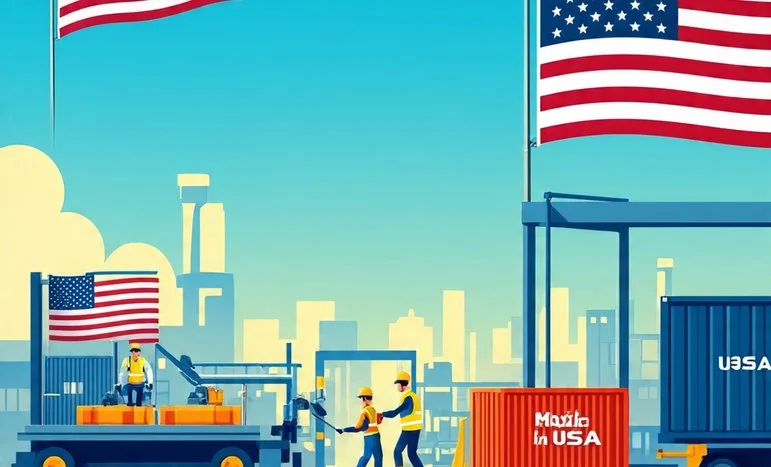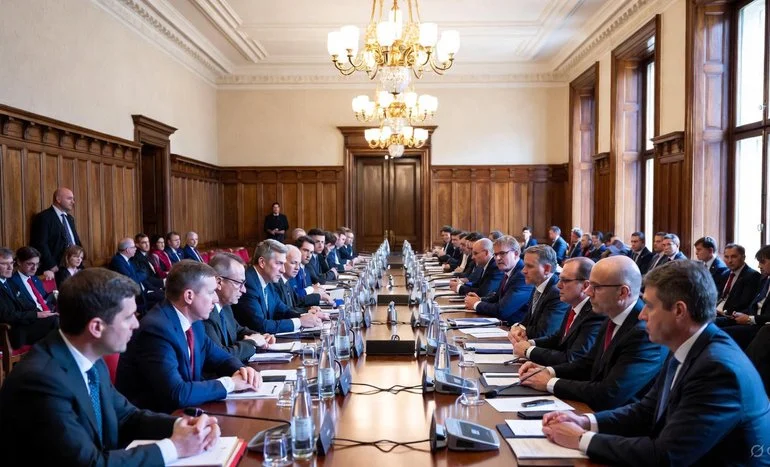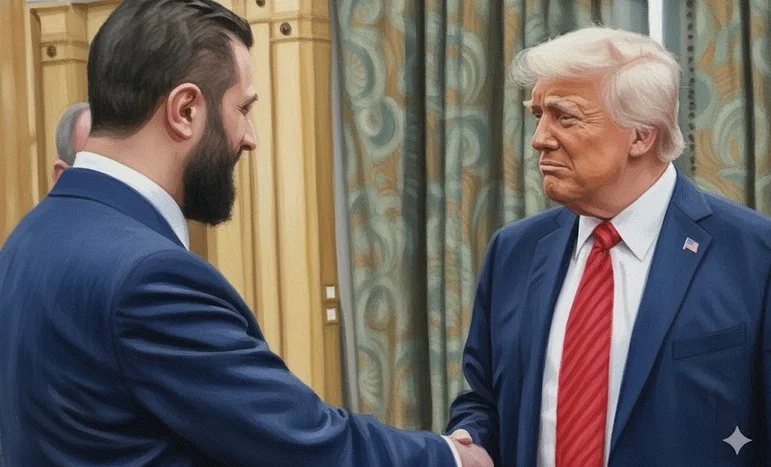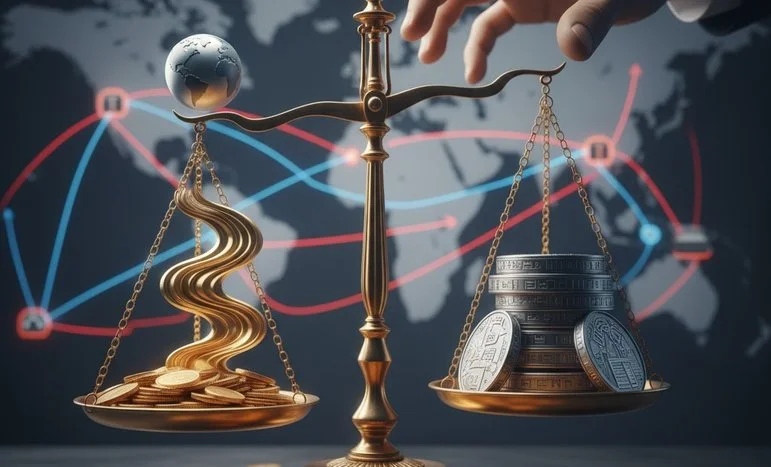
Made in America: The Economic Shockwave of Repatriating U.S. Manufacturing
Made in America: The Economic Shockwave of Repatriating U.S. Manufacturing
Imagine a scenario where every American company currently producing goods overseas brings its manufacturing operations back to U.S. soil within just two years. The sheer scale of such a reversal would be unprecedented—but so would the economic consequences. Could this be the aggressive jolt needed to steer the United States away from its towering national debt?
A Tsunami of Economic Activity
Repatriating manufacturing would inject trillions into the U.S. economy almost overnight. New factories would rise, machinery would roar to life, and millions of jobs—from skilled labor to high-tech engineering—would be created. This wave of employment and domestic investment could drive up GDP significantly and result in a stronger tax base.
With more Americans working, consumer spending would surge. Corporate taxes from onshore profits would climb. Local economies, especially in former industrial heartlands, would be revitalized. This isn’t just a growth strategy—it’s an economic resurrection.
Closing the Trade Deficit
A significant chunk of the U.S. trade deficit comes from manufactured goods imported from countries like China, Mexico, and Vietnam. By reshoring production, the U.S. would reduce its dependency on foreign supply chains, keeping profits and value creation within the country.
This would stabilize the dollar, reduce reliance on foreign creditors, and slowly begin to offset the multi-trillion-dollar debt burden that’s been dragging down fiscal credibility.
Challenges and Short-Term Inflation
While the benefits could be historic, the transition wouldn’t be smooth. Costs of production in the U.S. are much higher due to wages, environmental regulations, and healthcare benefits. This would likely trigger short-term inflation, especially in consumer goods like electronics, apparel, and pharmaceuticals.
However, such inflation could be strategic—designed to realign the U.S. economy for long-term resilience rather than short-term convenience.
Strategic Security and National Pride
Beyond economics, reshoring is a matter of national security. The COVID-19 pandemic exposed the dangers of foreign dependence on critical goods like semiconductors, antibiotics, and medical devices. A domestically rooted supply chain would make the U.S. more self-reliant and agile in times of crisis.
Moreover, there’s an intangible benefit—renewed national pride. “Made in the USA” would no longer be a nostalgic phrase but a new standard of economic leadership.
A Catalyst for Debt Recovery
If executed efficiently, the reshoring effort could catalyze a turnaround in the U.S. debt trajectory. Not only through increased tax revenues, but also by reducing welfare dependency, improving productivity, and fostering an innovation ecosystem powered by local talent and infrastructure.
The two-year window may be ambitious, but even a partial reshoring within that timeline would send ripples across the global economic order—and deliver a powerful message: America is rebuilding from within.
We appreciate that not everyone can afford to pay for Views right now. That’s why we choose to keep our journalism open for everyone. If this is you, please continue to read for free.
But if you can, can we count on your support at this perilous time? Here are three good reasons to make the choice to fund us today.
1. Our quality, investigative journalism is a scrutinising force.
2. We are independent and have no billionaire owner controlling what we do, so your money directly powers our reporting.
3. It doesn’t cost much, and takes less time than it took to read this message.
Choose to support open, independent journalism on a monthly basis. Thank you.














